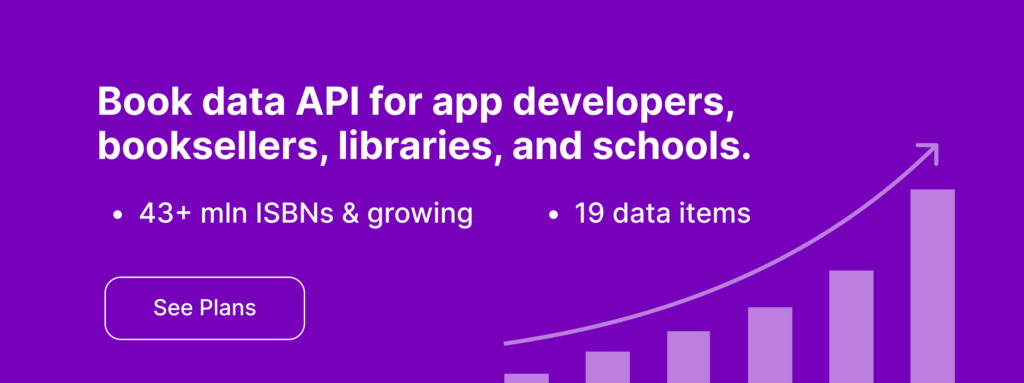
Publishers, booksellers, libraries, educational institutions, and all other organizations, which professionally work with books, need a reliable source of information to retrieve data about thousands or even millions of books. This is when bibliographic databases come in very handy.
Using the databases’ APIs, you can quickly get titles, authors, cover art, and a lot of other book data by ISBN. Book databases enable members of the book industry to operate more efficiently and better serve their customers.
What are the Best Ways to Use the Databases?
If you need information on one or just a few specific books, you can quickly find the data via a web interface like the one on our website – just enter the ISBN number of the book in question into the search field, and there you are:
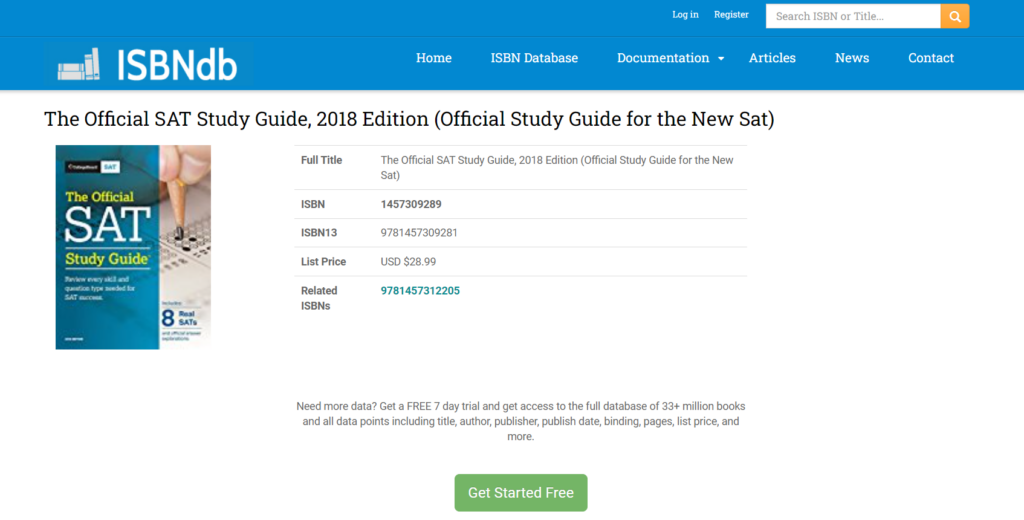
However, if you need to regularly get data on thousands or even millions of books, you’d better use book APIs.
With the help of such an API, you can automate the retrieval of up-to-date book metadata for your applications and websites. By interacting with the APIs you receive XML or JSON files with the author name, book title, publisher, genre, subject, cover art, book reviews, price, and other book information for the ISBNs you’ve included in the API request.
To get data on maths textbooks or books by writers of the Lost Generation, for example, you’ll need to query an API with ISBNs of the corresponding books. The API will send you a file with the author, prices, edition, weight, and a lot of other information for the requested books.
Which Database is the Best?
There’s no clear-cut answer to this question because it depends on your requirements for a book database. However, hopefully, the article will provide you with enough information on the book databases so that you can choose the one that suits you best.
Book databases pull data from hundreds of sources, including publishers, merchants, libraries, and many others. For example, our crawlers add tens of thousands of data records to the ISBNdb book database daily.
There are both paid and free options for accessing book data, please find below an overview of popular book databases:
Bowker
Bowker is one of the market leaders. Their book database includes data from LibraryThing and other partners. Bowker offers APIs, data feeds, and plug-and-play options for delivering data. They provide coverage for English-speaking markets, including the USA, Canada, UK, Australia, New Zealand, and select non-English records.
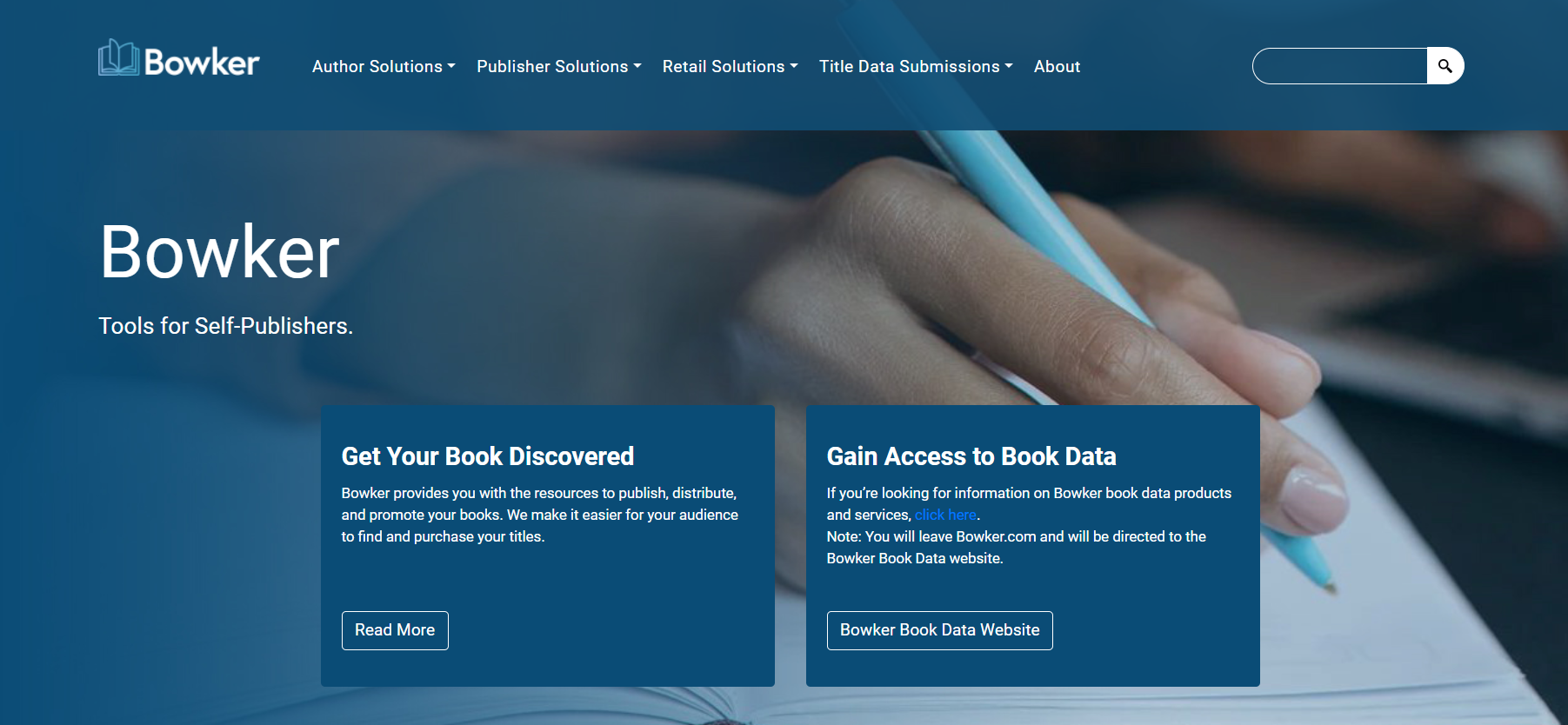
Books supported: 50+ million
API: Available
Cover art: Available
Pricing data: Available
Free access: Not available
Service fees: I couldn’t find pricing information for the API at their website.
Amazon Books
Among other things Amazon also sells books. A huge lot of books. They provide Product Advertising API, which is intended for developers who build e-commerce websites that sell items listed on Amazon.com, or applications that help others build such websites. The API itself is free, however, to register for the API, you must have an Amazon Associates account, via which you have referred qualified sales.
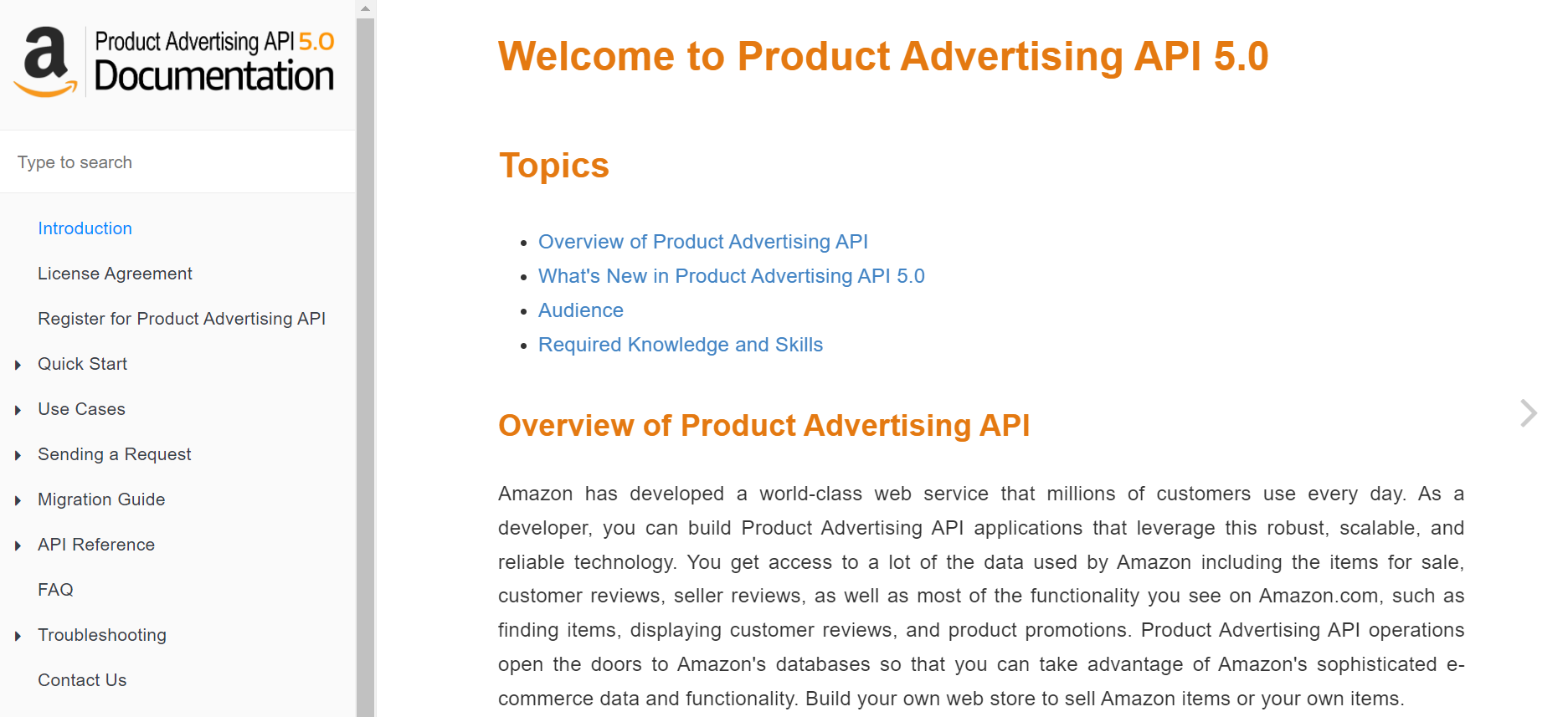
Books supported: Unknown, definitely a huge number
API: Available
Cover art: Available
Pricing data: Available
Free access: Available
Service fees: Amazon does not charge for using its API, but there are certain conditions incurred
Google Books
Google has accumulated a substantial database of book information. And the nicest thing about it is that API access is free, although some data access may be restricted because Google licenses much of the data they use to power Google Books and may not distribute it at their own discretion. Read the terms carefully before you start using the API. For instance, you may not charge users for the use of your application, unless you’ve entered into a separate agreement with Google or received Google’s written permission.
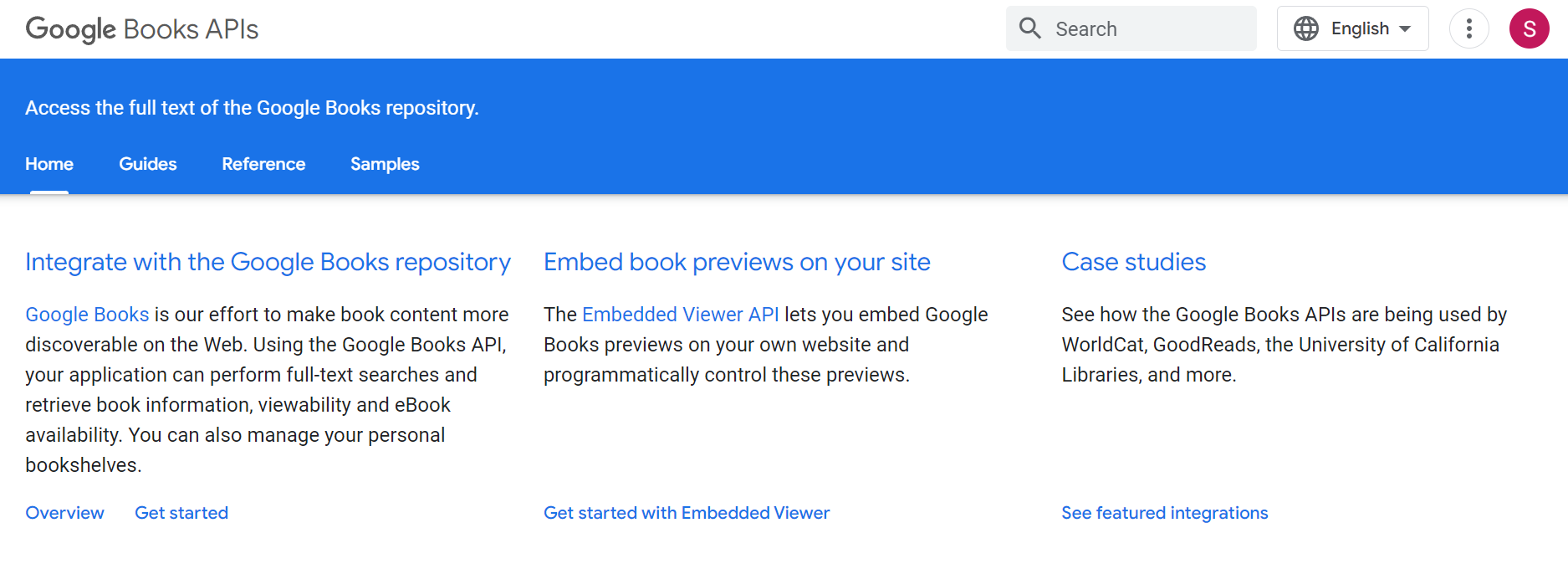
Books supported: 40+ million
API: Available
Cover art: Available
Pricing data: Available
Free access: Available
Service fees: Google does not charge any fees for access to Google Books API, however, certain conditions apply
Open Library
Being a nonprofit project from Internet Archive, Open Library offers a way to browse and read books for free. Their APIs return files in JSON, YAML, or XML formats. Developers can use the APIs to retrieve book data such as contents, subject headings, and cover images for available books.
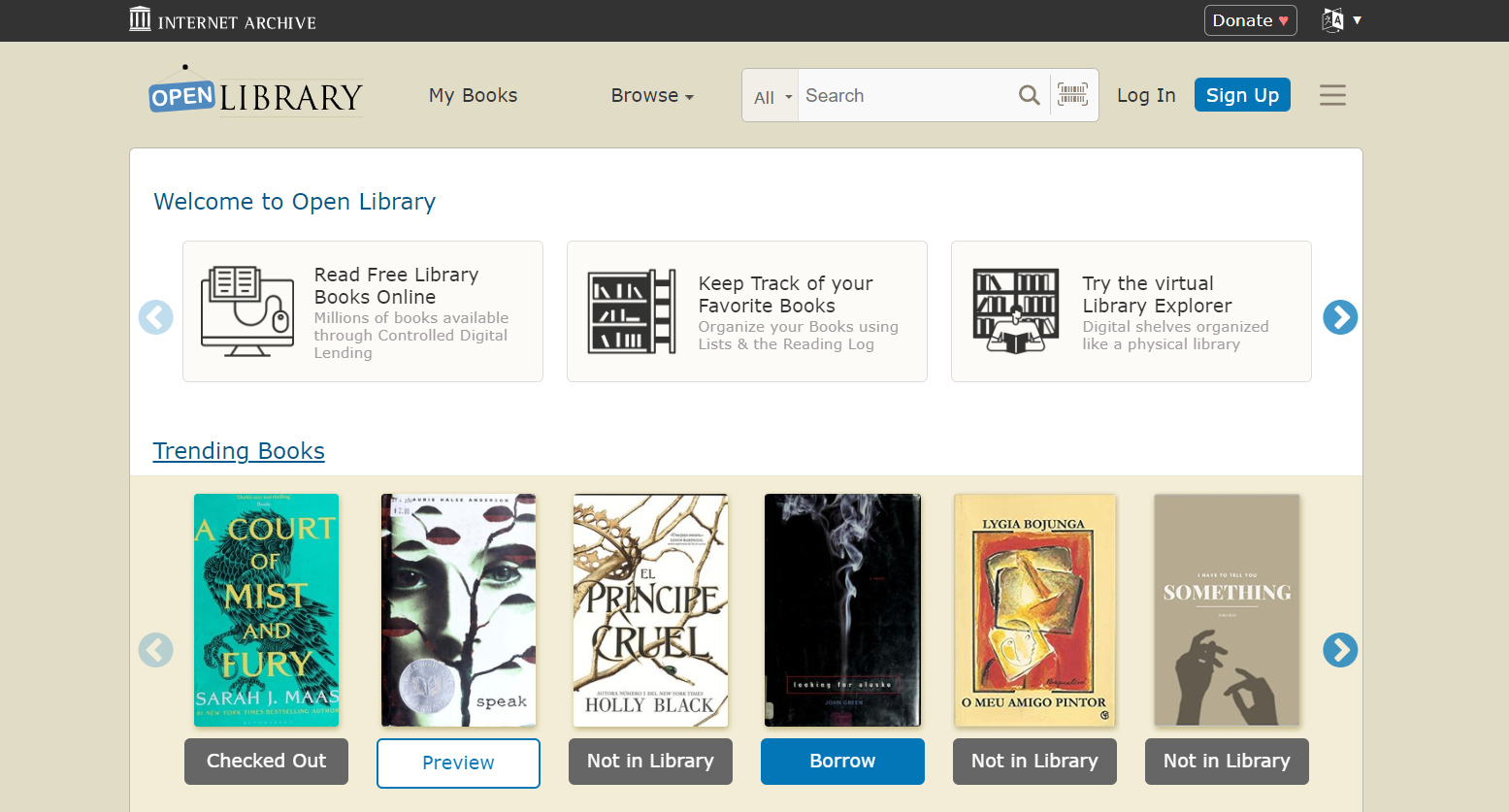
Books supported: 20+ million
API: Available
Cover art: Available
Pricing data: Not available
Free access: Available
Service fees: Open Library does not charge any fees
ISBNdb
Founded in 2001, ISBNdb is the oldest book database and contains information about more than 43+ million books, with thousands of records added daily. You can get basic book information like title, ISBN, and list price for free by typing the book ISBN into the search field on our website.
We also provide an API, which gives you access to up to 19 data points per book, including ISBN10, ISBN13, title, author, publication date, publisher, binding, pages, list price, cover image, language, edition, format, synopsys, and dimensions. Other data points for some books include overview, dewey decimal, weight, and subject. Multiple languages are supported. Information about used, rare, and out-of-print books is available as well.
There are three affordable subscription options with a simple registration procedure. The Basic Plan comes with a 7-day free trial and two free months for yearly payments. Advanced subscription options allow more API calls per second and bulk data download. The pro plan also includes real-time prices from multiple retailers, which comes in handy when you need to compare book prices from different vendors. There’s also a huge discount for educational institutions and non-profit organizations.
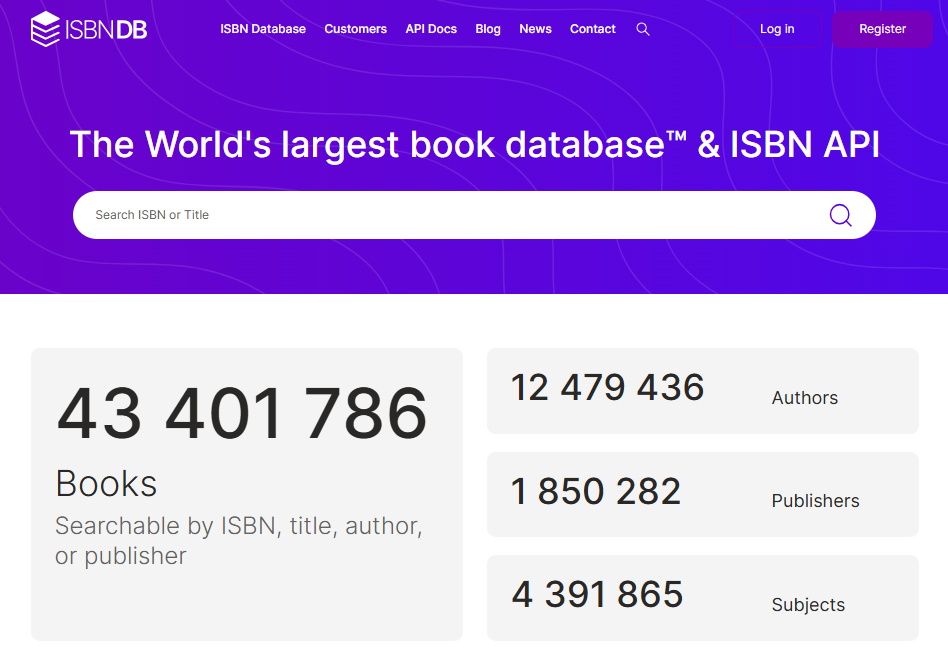
Books supported: 43+ million
API: Available
Cover art: Available
Pricing data: Available for the pro plan – from multiple sources
Free access: Available via a web interface (limited data)
Service fees: $7.50-$74.95 with monthly payments, $75-$765 with annual payments
Niche Databases
There are a number of book databases, which specialize in certain types of books or content, and might also be useful to you. Please find below a few examples:
- Penguin Random House. As the name suggests, you can use this database to get information about the books published by PRH (you need to be their B2B partner).
- The New York Times Best Sellers. It is the perfect match If you only need information about New York Times best-sellers.
- Bookshare. This service provides books to people with reading barriers like dyslexia, learning disabilities, visual impairments, and others.
- Digital Bibliography Library Project (DBLP). It maintains open bibliographic information on major computer science journals.
- The Web of Science is a huge repository of data, analytics, insights, workflow tools, and professional services for the research community.
- ScienceDirect allows access to a vast collection of academic journals, books, and works in the fields of science, technology, and medicine.
- The Merriam-Webster Dictionary API is a comprehensive source of dictionary and thesaurus content.
The Final Thoughts
Despite numerous options, it may be quite tricky to obtain quality book data. Free options often have incomplete information, provide data to specific types of organizations or impose certain conditions like sales referrals, etc.
ISBNdb offers access to a huge book database of over 43 million titles at a very competitive price, with a free trial for the Basic Plan and the ability to cancel the subscription at any time. Transparent pricing policy. No need to wait for approvals – just a short registration process and you are good to go. Please choose the subscription option that suits you best on the ISBNdb database page. If you have any questions, please feel free to get in touch with us via the contact form.


